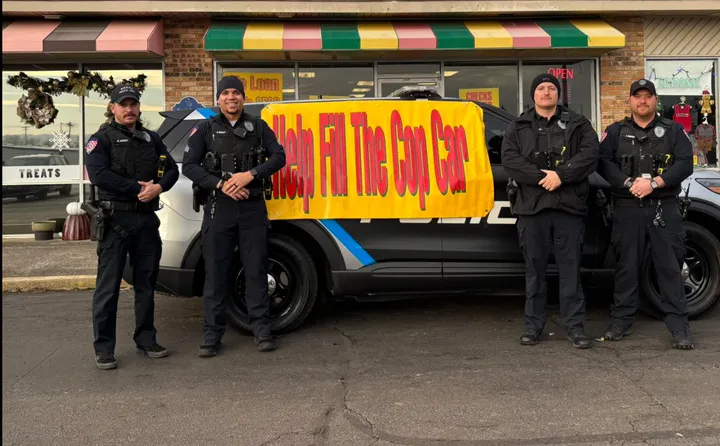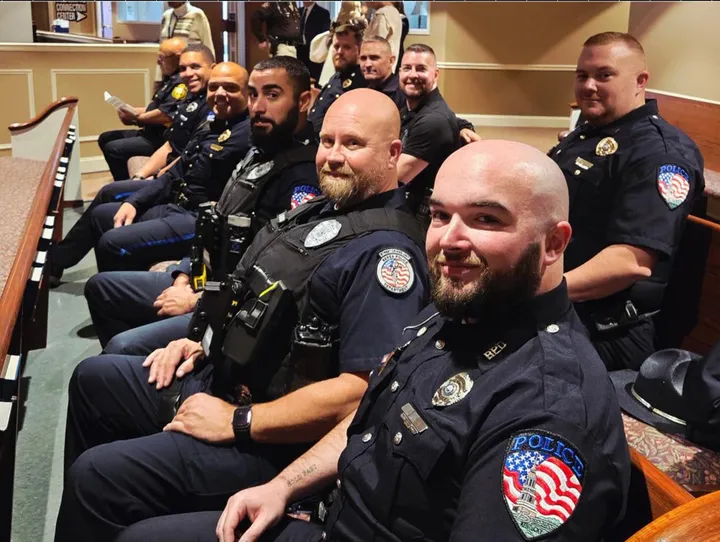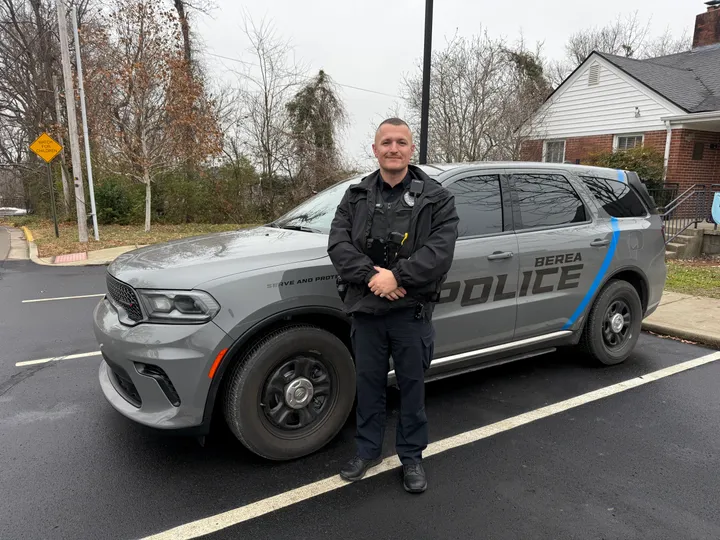Dead last in pay, coroners tell Frankfort it's a grave injustice

RICHMOND--Jimmy Cornelison is a veteran of war and disaster. As a member of various mass casualty crews, over the past few decades, he has been tasked with collecting, identifying, and transporting the dead at the scene of disasters all across the nation.
There was that time in 2005 when Cornelison was sent to New Orleans during the aftermath of Hurricane Katrina where, he said, "the dead were everywhere." Closer to home, Cornelison had the grim task of helping to account for all 47 passengers and two crew members who were killed aboard Comair flight 5191 when it crashed at Bluegrass Airport in August 2006.
"I knew two people on that plane," Cornelison, Madison County's coroner, recalled recently in a Department of Criminal Justice Training class at EKU. "And one of the other coroners there, his sister was on that plane. He worked with me all day long. He never told any of us, until the end."
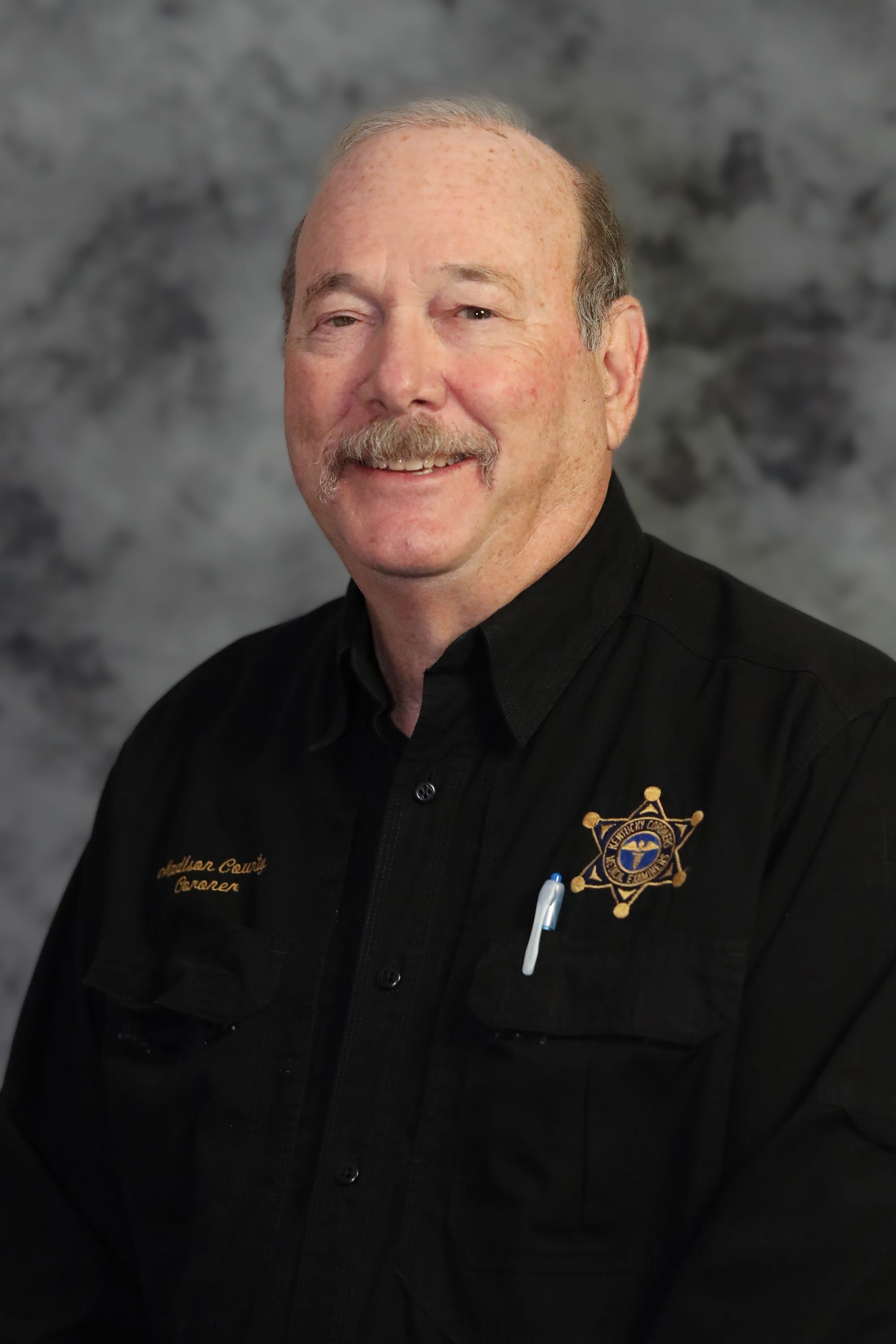
Dead or alive?
As Coroner, Cornelison, says it was his time in Vietnam and his subsequent training and experience as a paramedic, including with the Kentucky State Police Special Response Team for 25 years, that made him suitable for his current line of work. He has been in the coroner's office since 1985, first as a deputy coroner, then in 1999, he was elected County Coroner, and has been the incumbent ever since.
The two chief functions of the coroner are to check if the person in question is actually dead, and to determine the cause and manner of death. If there is any doubt, the coroner is the one to order an autopsy. The coroner is the chief law enforcement officer at the scene of any death.
"But you know, you can't walk into the room and be the smartest guy there," Cornelison said. "Because if there's a body laying there, who's in charge? Me. But do you think it'd be smart for me to walk in and say, 'Okay, I'm in charge here'? That's stupid."
Cornelison said he and the other branches of law enforcement in the County have had an easy working relationship since he has been in office. There was that time, however, when as deputy coroner, he didn't agree with the assessment of the medical examiner and the state trooper.
The corpse, found in the woods on a knob, was of an unidentified man whose hands had been severed, and had a plastic bag over his head, and a belt around his neck.
"They decided this was a suicide," Cornelison recalled. "That he'd gotten up there and suffocated himself and stuck his hands out for the opossums. I said, 'Is this a joke?'"
The ruling bothered Cornelison so much that years later, after he'd won the election for the top job, he and another trooper lieutenant disinterred the man's body for a forensics examination. "I was amazed at how well preserved he was," Cornelison recalled.
At last, he said, a friend in Frankfort with a highly powered microscope found cut marks on the man's ulnas. "The opossum with his one tooth didn't get him," Cornelison said. "He'd been murdered."
Although the case, now more than 25 years old, is still unsolved, Cornelison said at least his mind has been put to rest as to the truth of the man's manner of death.
Coroners are also the ones to notify the next of kin in the event of a death outside of the home. Deaths occurring in the home are also investigated by coroners, but they do not get a call for deaths in hospitals or nursing homes. "If the deceased comes through the emergency department by way of a nursing home, then I am called in," Cornelison said.
Coroners are also the ones to remove a body to the morgue. Cornelison said that on average, he is called out about 300 times a year, when drug overdoses aren't factored in. "The numbers are down now, because drug deaths are down. Two years ago, I did 69 cases that were drug-related. Last year, I did 54. Knock on wood they stay down, but last night, the case I did was a drug overdose," Cornelison said.
Because the coroner's office is a branch of law enforcement, in the Commonwealth coroners have a badge, are authorized to carry a gun, and must swear an oath to the Kentucky Constitution. They also, by statue, have “the full power and authority of peace officers in this state, including the power to arrest."
Rotten pay
Now that he is in his 70s, Cornelison told The Edge in an interview, he is worried that when he steps down, the County will have difficulty finding someone to run for his office, not just because coroners must be on call 24/7, but because the pay is abysmal.
"I've got my Deputy Carlos Coyle, who's been with me ever since I taught him as a student EMT at Eastern, but I don't know that at this pay rate, he's gonna even entertain the thought of being the coroner," he said.
Cornelison told The Edge he makes $60,000 annually. That's after more than 25 years on the job. Still, Cornelison is among the highest paid coroners in the Commonwealth, he said.
According to the Kentucky Coroner's Association, coroners in 33 Commonwealth counties make less than $10,000 annually, before taxes. In five counties, coroners make less than $5,000.
"Since Judge Taylor came into office [in 2015], we've been able to double Jimmy's pay," Madison County Deputy Judge Executive Jill Williams told The Edge. "Fortunately, we were able to find the money to pay him that," she said.
It's not uncommon for a county coroner to be a funeral director, which Cornelison said makes sense given that it's in the same line of work, and funeral directors make enough money to provide for themselves and their families.
"There is talk of the coroner job being 'bi-vocational', meaning, you can't take the job unless you already have another job, because you have to eat. But what happens when you're on the other 'bi-', and a homicide call comes in? In a county the size of Madison, that's not feasible," Cornelison told the class at DOCJT.
For every 25,000 people in the county a coroner serves in Kentucky, there is a deputy coroner position available. "I've got four spots based on our county population size, but I only have three on staff," Cornelison said. Madison County has just over 99,000 residents.
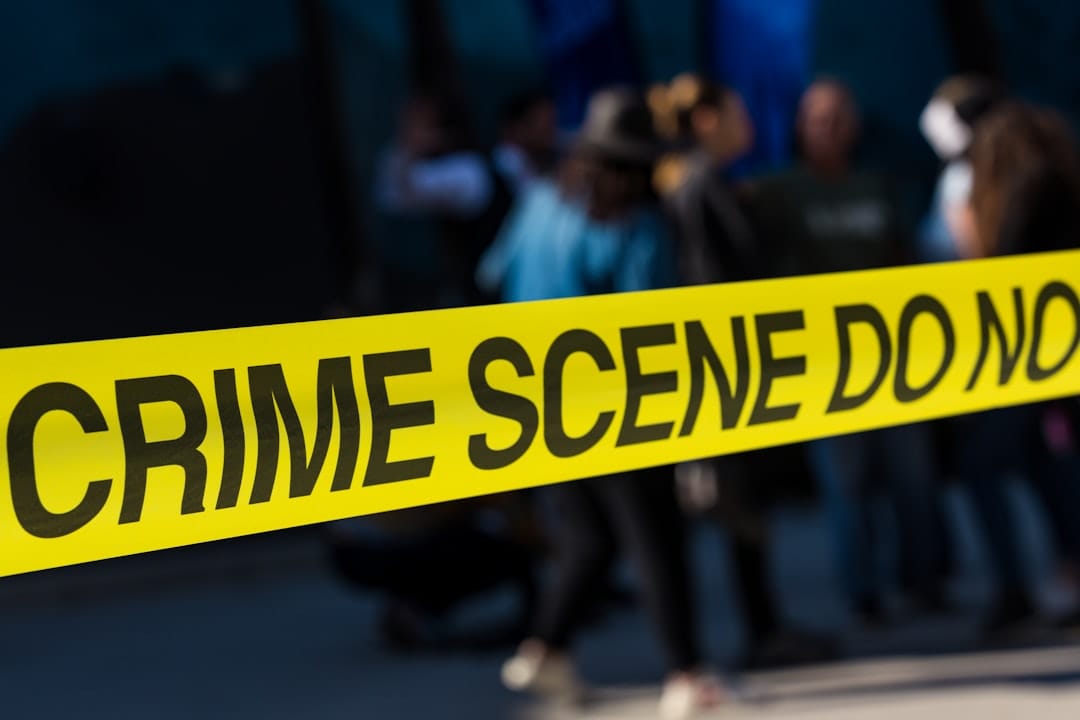
Kill the bill
In his former role as president of the Kentucky Coroner's Association, in 2023, Cornelison set out to address the pay situation statewide. His efforts, along with those of coroners from Fayette, Hardin, Laurel, and Lincoln counties, resulted in the introduction earlier this year of HB 712, calling for an increase in coroner pay across the Commonwealth according to county population. That bill died in committee, however.
Now as the Association's board chair, Cornelison said he is working with State Representative Deanna Frazier Gordon (81st) to resurrect the bill for the next legislative session. "She offered to sponsor it before, and said she will sponsor it again this time," Cornelison said.
The question of why coroners are so poorly paid comes down to a vendetta, according to Cornelison. The way he tells it, when a pay increase for some of the Commonwealth's Constitutional positions–in this case, the judge executive, sheriff, county clerk, jailer, and coroner in each county–came up for a pay increase in 1998, Governor Paul Patton, who'd had a blood feud with his coroner back in Pike County where he'd previously been judge executive, told the bill's sponsor that if coroners weren't removed from the list, he'd kill the entire bill.
The Edge could not confirm this, but did find the document enumerating the pay increase schedule for all but coroners.
Meanwhile, the other positions listed in the bill have their salaries capped in the mid-six figure range.
Cornelison said there have been attempts to increase coroner pay since, but none have gotten very far. "As my last hurrah as a coroner, I want to really strive to get pay up," he said.
Cornelison said he hopes he and his fellow coroners are successful with their cause since he thinks coroners deserve it, saying, "The coroner is the last one to let you down."

